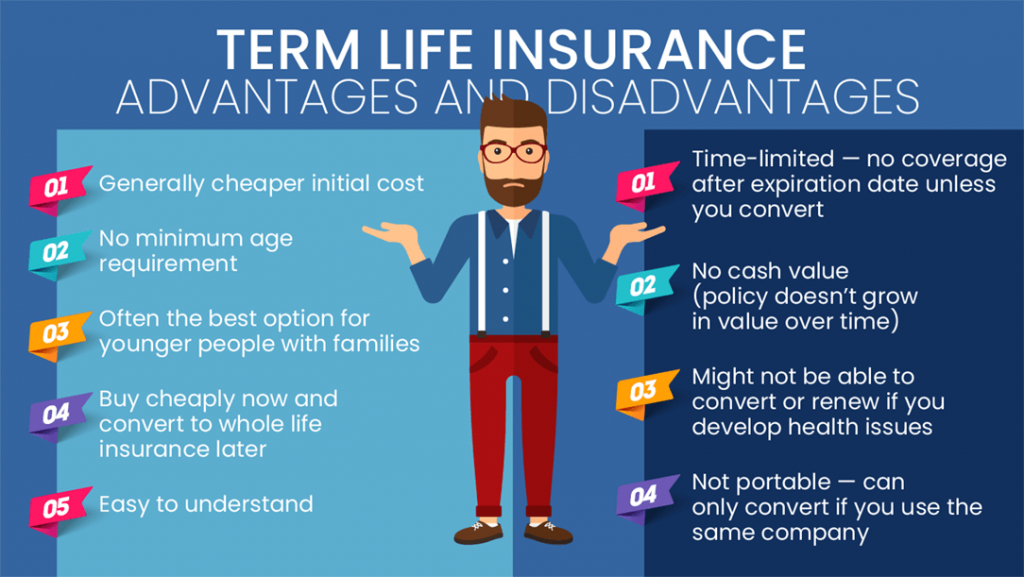Whole life and universal life insurance are both considered long-term policies. That implies they're created to last your entire life and will not end after a specific amount of time as long as needed premiums are paid. They both have the potential to collect cash worth in time that you might have the ability to obtain versus tax-free, for any factor. Due to the fact that of this feature, premiums may be higher than term insurance. Whole life insurance policies have a fixed premium, meaning you pay the very same quantity each and every year for your coverage. Much like universal life insurance, whole life has the potential to build up money value gradually, developing an amount that you may have the ability to obtain versus.
Depending upon your policy's potential money value, it may be used to avoid a superior payment, or be left alone with the prospective to accumulate worth with time. Potential growth in a universal life policy will vary based on the specifics of your individual policy, along with other factors. When you purchase a policy, the providing insurance provider establishes a minimum interest crediting rate as outlined in your contract. However, if the insurance company's portfolio makes more than the minimum interest rate, the business may credit the excess interest to your policy. This is why universal life policies have the prospective to make more than a whole life policy some years, while in others they can earn less.
Here's how: Given that there is a money worth part, you might have the ability to avoid premium payments as long as the money value is enough to cover your needed costs for that month Some policies might allow you to increase or decrease the death benefit to match your specific situations ** In numerous cases you might obtain against the money worth that may have accumulated in the policy The interest that you might have made gradually collects tax-deferred Whole life policies provide you a repaired level premium that will not increase, the possible to collect cash worth over time, and a fixed death advantage for the life of the policy.
As an outcome, universal life insurance premiums are normally lower throughout periods of high interest rates than whole life insurance coverage premiums, frequently for the very same quantity of coverage. Another essential distinction would be how the interest is paid. While the interest paid on universal life insurance is typically changed monthly, interest on a whole life insurance policy is generally adjusted every year. This might imply that during durations of rising rate of interest, universal life insurance policy holders might see their cash worths increase at a quick rate compared to those in entire life insurance coverage policies. Some people may prefer the set survivor benefit, level premiums, and the potential for development of a whole life policy.
Although whole and universal life policies have their own distinct functions and advantages, they both focus on offering your enjoyed ones with the money they'll need when you die. By dealing with a qualified life insurance coverage agent or company agent, you'll have the ability to pick the policy that best fulfills your private needs, budget, and monetary objectives. You can likewise get atotally free online term life quote now. * Provided required premium payments are prompt made. ** Boosts may be subject to additional underwriting. WEB.1468 (What is universal life insurance). 05.15.
What Is Insurance Deductible Things To Know Before You Buy
You do not have to think if you ought to enlist in a universal life policy since here you can learn everything about universal life insurance pros and cons. It resembles getting a preview before you purchase so you can decide if it's the best type of life insurance coverage for you. Continue reading to learn the ups and downs of how universal life premium payments, cash worth, and death benefit works. Universal life is an adjustable type of irreversible life insurance that permits you to make modifications to two main parts of the policy: the premium and the survivor benefit, which in turn impacts the policy's cash value.

Below are some of the total pros and cons of universal life insurance. Pros Cons Created to provide more flexibility than entire life Doesn't have the guaranteed level premium that's available with whole life Cash worth grows at a variable rates of interest, which might yield greater returns Variable rates likewise indicate that the interest on the money value might be low More chance to increase the policy's money value A policy usually needs to have a favorable cash value to stay active Among the most appealing features of universal life insurance coverage is the ability to select when and how much premium you pay, as long as payments fulfill the minimum amount required to keep the policy active and the IRS life insurance coverage guidelines on the maximum quantity of excess premium payments you can make (How much is pet insurance).
But with this flexibility likewise comes some drawbacks. Let's go over universal life insurance benefits and drawbacks when it pertains to changing how you pay premiums. Unlike other types of permanent life policies, universal life can adapt to fit your monetary requirements when your capital is up or when your budget is tight. You can: Pay higher premiums more frequently than required Pay less premiums less typically or even skip payments Pay premiums out-of-pocket or utilize the cash value to pay premiums Paying the minimum premium, less than the target premium, or skipping payments will adversely affect the policy's money value.